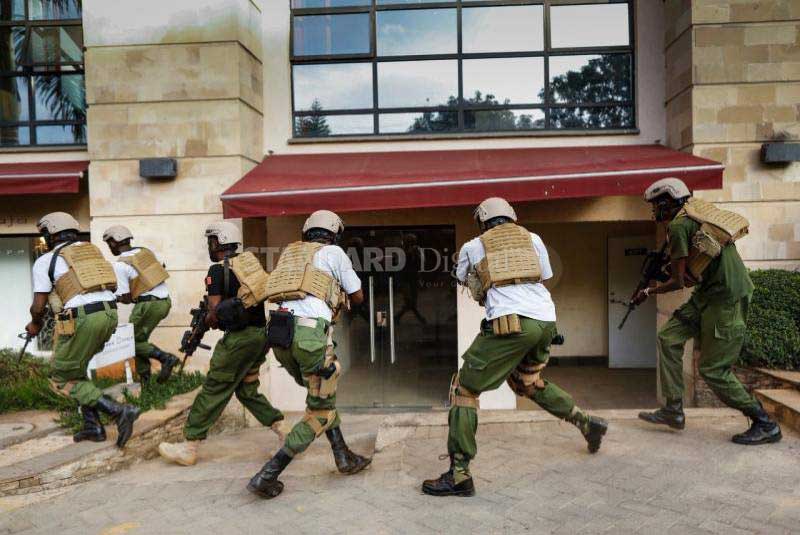×
The Standard e-Paper
Stay Informed, Even Offline

The bomber who blew himself up outside a Nairobi hotel this month, launching an attack that killed 21 people, was already so well-known to Kenyan police that they had emblazoned his face across billboards under the slogan “WANTED: DEAD OR ALIVE”.